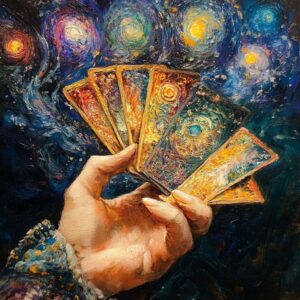
The world was created from chaos, a concept that later came to mean "disorder" or "confusion." From this chaos, the earth goddess Gaia emerged, and from her, the sky god Uranus. Their children were monstrous beings with a hundred arms, followed by the one-eyed Cyclopes, the giant Gigantes, and finally, the Titans. Uranus was displeased with his offspring and banished them to Tartarus, the underworld deep within the earth. Gaia, angered by the banishment of her children, conspired with her youngest son, the Titan Cronus, to overthrow Uranus as the ruler of the world. She armed Cronus with a sickle, which he used to castrate his father and seize his position. The castrated Uranus cursed his son, proclaiming that just as Cronus had overthrown him, so too would Cronus's own son do the same to him.
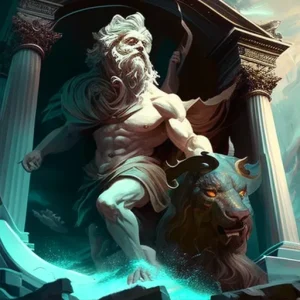
Fearing the curse of Uranus, Cronus decided to swallow his own children, who were born to him by his wife Rhea, immediately after their birth. However, when he attempted to swallow his youngest son, Zeus, Rhea handed him a stone wrapped in cloth instead. Zeus was hidden away and raised in a cave in Crete, nourished by the milk of a goat. When Zeus grew up, he fulfilled Uranus’s curse by overthrowing his father. He forced Cronus to regurgitate his swallowed siblings, and together they divided control of the world.
The Olympians were the third and fourth generations of immortal gods. They lived on Mount Olympus, the highest mountain in Greece, often shrouded in clouds and hidden from sight. They became gods after a ten-year war against the Titans, led by Zeus, who led his siblings to victory. The twelve Olympian gods were the children of the Titan Cronus and Rhea: Zeus, Poseidon, Hera, Demeter, and Hestia, who later gave her place to Dionysus, along with Zeus's children: Athena, Apollo, Artemis, Ares, Aphrodite, Hephaestus, Hermes, and Dionysus. Besides the twelve Olympians, there were many other gods, the offspring of the gods or humans who were granted divinity. Hades, the brother of Zeus, did not belong to the Olympians; his domain was the underworld.
The gods were anthropomorphized, resembling humans in appearance and characteristics, but unlike humans, they possessed great power, controlled the forces of nature, and lived immortal lives. To maintain their immortality, they consumed the gods' food, ambrosia, and drank nectar. They had emotions similar to those of humans—they loved and hated, fought, envied, and coveted what was not theirs. Their behavior was often immoral, driven by emotions.
Part of the interpretation of Tarot cards is based on Greek mythology. Belief in the gods stemmed from the attempt to explain the world, nature, human behavior, and historical events. Therefore, even today, connecting the Tarot cards to mythology and using the readings to link mythology to a person’s life is an intuitive, clear, and accurate connection.
The Suit of Wands Told Through the Eyes of Jason and His Quest for the Golden Fleece
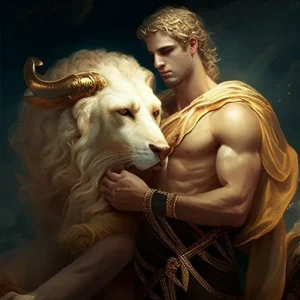
The Suit of Pentacles Told Through the Eyes of Daedalus and His Quest for Professional Recognition
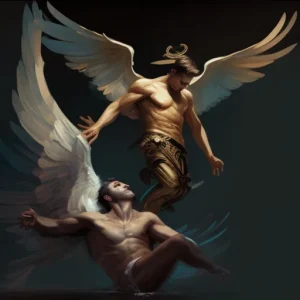
The Suit of Cups Told Through the Eyes of Psyche and Her Love for the God Cupid
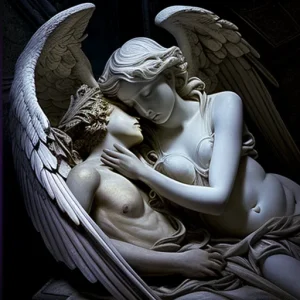
The Suit of Swords Told Through the Story of Atreus
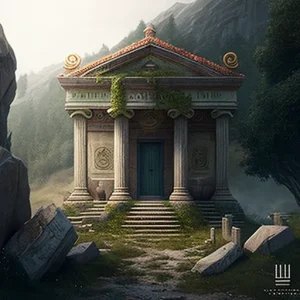

Orit Raphael, Tarot Reader for Personal Guidance, Insights, and Messages